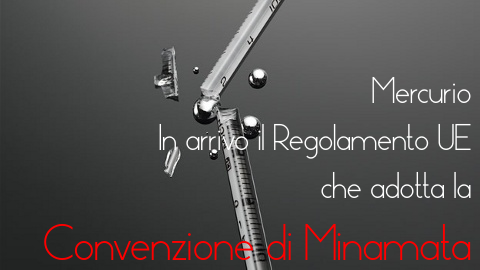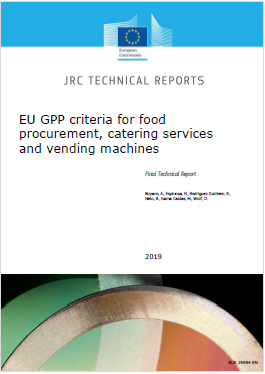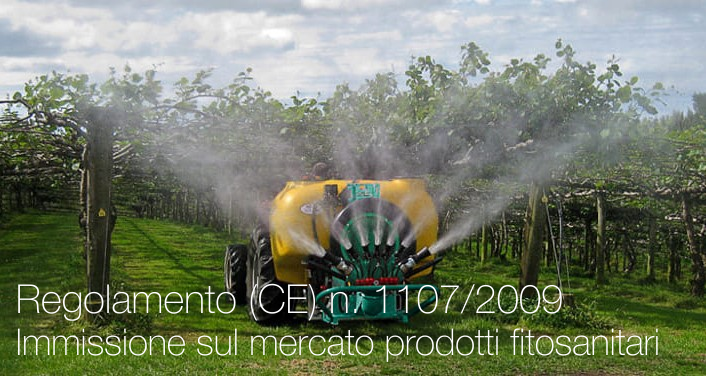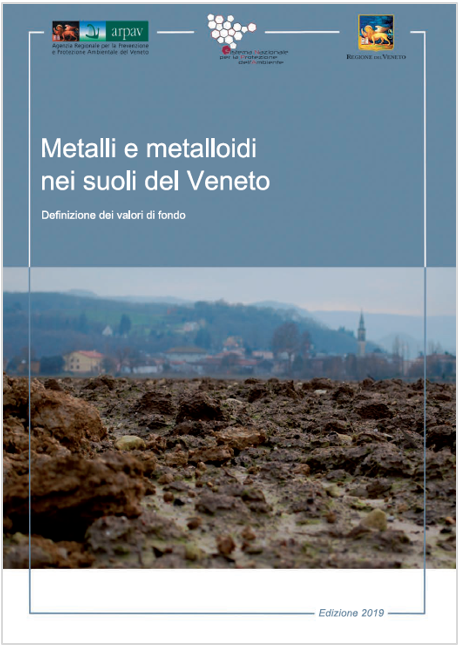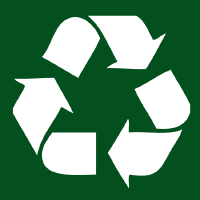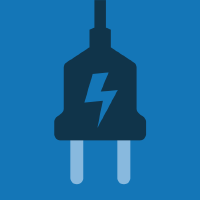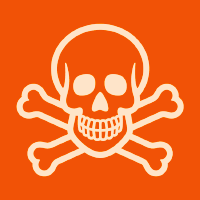Food service supply chains are extremely complex and diverse ranging from the traditional ‘cook from scratch’ model while others buy the food ‘ready to serve’ and some use a hybrid of the two. Detailed information on the stages of the supply chain can be found in the Preliminary Report (JRC 2016a).
Similarly, the food categories, catering services and food service segments that were revised regarding the market analysis and environmental hotspots identification. The food categories included in the current EU GPP (EU GPP 2008) were further enlarged to categories such as bread and cereals, oils and fat and sugar, jam, honey, chocolate and confectionery.
The scope identified for food and catering services reads: The direct procurement of food by public authorities and the procurement of catering services, either using in-house resources or facilities or out-sourced in full or in-part through contract catering firms. Food can be procured directly from producers, manufacturers, wholesalers or importers or can form part of the service provided by the contract catering firms. In the EU market, there is a common legal framework that sets the food safety requirements that ensure that only safe food and feed is placed on the EU market or fed to food-producing animals.
The main pieces of legislation are the Regulation (EC) No 178/2002 that requires food and feed business operators to be able to identify any person from whom they have been supplied with a food, a feed, a food-producing animal, or any substance intended to be, or expected to be, incorporated into a food or feed. Food or feed which is placed on the market must be adequately labelled or identified to facilitate its traceability, through relevant documentation or information in accordance with the relevant requirements of more specific provisions. The requirements on traceability are mandatory for all food operators including retail and distribution activities, i.e. catering services.
The Regulation (EC) No 852/2004 establishes the obligation of food business operators, including retail and distribution activities, to put in place, implement and maintain a permanent procedure or procedures based on the HACCP (Hazard analysis and critical control points) principles. This regulation sets requirements on staff training for food hygiene matters and compliance with any requirements of national law concerning training programmes for persons working in certain food sectors. Apart from the EU legislation which sets mandatory requirements, the ISO 22000 standard sets requirements on food safety management systems, to be third-party certified. This standard covers all the food supply chain, although it is more commonly applied to only one step of the chain. Other private schemes focused on food safety, as GlobalGap are limited to the primary production (FAO, 2008).
Additional food safety standards are Global Food Safety Initiative (GFSI) recognised includes: IFS Food, BRC-global standard food, FSSC and SQF. In the view of the EU legislation and controls already in force in the European market, it seems unnecessary to set specific food safety criteria within the EU GPP. In case any environmental criterion might jeopardize the food safety principles, the precautionary approach to secure the food safety should rule on the decision making. In conclusion, the inclusion of food safety issues is considered to be out of the scope of this EU GPP revision.
...add more in attachment
Collegati
